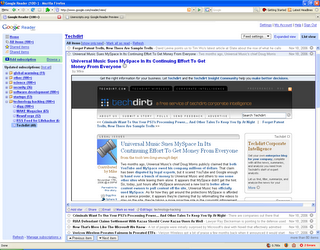Give Your Kids Safe Access to Their Online Websites
The latest attractions for my six years old are the "Webkinz" and "ClubPenguin" websites. The first takes your real-world webkinz pet doll and places it online, Tamagotchi style. The latter is your toddlers first steps into virtual worlds.
I thoroughly endorse her excursions into the online world, and I was looking for a simple and safe way to let her access it. Even when I'm not near her to supervise.
As a Windows user, the simplest way I found was to use Internet Explorer's built-in "Kiosk" mode (IE7+):
- Make a copy of your IE's icon - copy your IE desktop icon and paste it back on the desktop. Rename the icon to your toddler's favorite online website, e.g. "Webkinz"
- Right-click the icon and select "properties".
- At the end of the "Target" field, currently pointing to iexplore.exe, add "-k [website]
", e.g. "-k http://webkinzjr.com/" - If you want to change the shortcut icon to the website's icon, just save the website's favicon.ico (e.g. http://webkinzjr.com/favicon.ico) somewhere on your computer. Right-click your IE shortcut. Select properties->Change Icon, set it to the saved icon's location.
